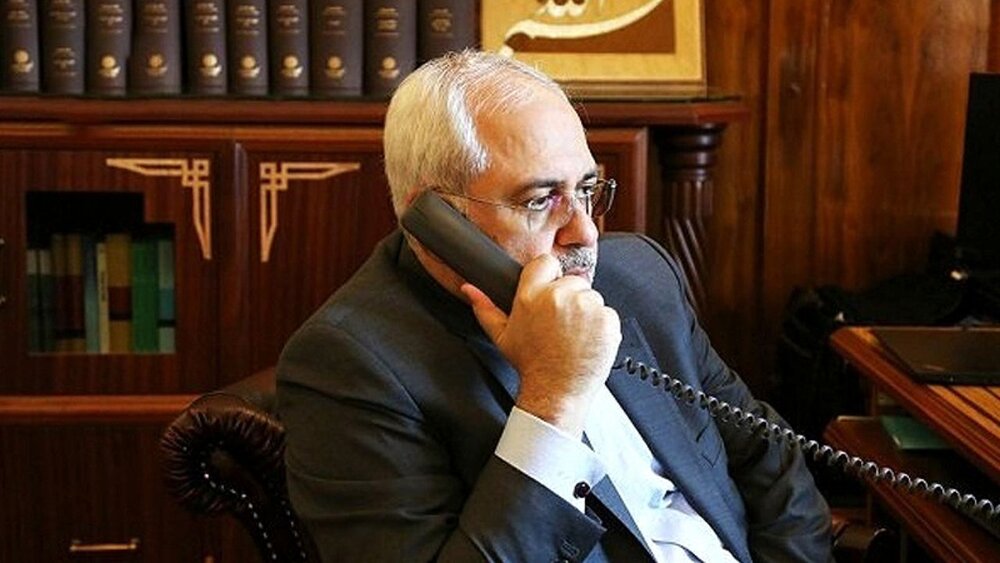Iran, Qatar highlight importance of inclusive government in Afghanistan

TEHRAN – Foreign Minister Mohammad Javad Zarif and Mohammed bin Abdulrahman bin Jassim Al Thani, the Qatari foreign minister, have highlighted the importance of an inclusive government in Afghanistan.
In a phone conversation on Saturday, the officials discussed the latest developments in Afghanistan and Iran’s efforts in line with political agreement in Afghanistan and formation of an inclusive government in the country.
Afghanistan has been facing a political deadlock since last September’s presidential elections. The Election Commission has declared Ashraf Ghani as the winner but Abdullah Abdullah has also proclaimed himself winner.
According to Tolo News, sources close to Abdullah said that he has made his final decisions about ending the political crisis and that he is preparing the final draft of his plan.
The sources added that Abdullah is seeking a decision-making leadership role in the peace process, but he wants all decisions regarding peace to be made collectively within the reconciliation council.
Abdullah’s aides will hold their final discussions to finalize Abdullah’s proposed plan, according to sources.
Officials from the Presidential Palace and the Sapidar Palace are optimistic that the political tension may end soon.
“It will be a nice step if Mr. Abdullah works on the peace process. We see it as a good omen. It will be in the country’s favor if President Ghani reaches an agreement with the Stability and Convergence team,” said Mohammad Karim Azimi, an analyst.
The sources also said that Abdullah has asked for a 50% share in the cabinet and for the authority to appoint governors in provinces where he had more votes in last year’s presidential elections.
Abdullah will propose the deal as a political agreement, the sources said.
Iranian analyst Pir Mohammad Molazehi is of the opinion that prevention of extra-regional interference will guarantee peace in Afghanistan.
“Iran wants a more active role by influential regional players and prevention of extra-regional players’ interferences. Iran believes neighbors of Afghanistan can guarantee peace in the country,” Molazehi told IRNA in an interview published on April 18.
Molazehi said that it is not possible for a country to have two governments.
“Talks to settle political crisis in Afghanistan have started. It seems that Abdullah Abdullah and Ashraf Ghani have reached a preliminary agreement in the way that 50 percent of the government officials be appointed by Abdullah and 50 percent by Ghani,” he stated.
Mohsen Rouhisefat, an expert on international affairs, has said that the Afghan leaders and political groups must take steps in settling the political crisis in their country.
In an interview with IRNA published on April 15, he said that cooperation among all Afghan political groups is required to end the political deadlock in the country.
He noted that Iran supports such approach.
Nozar Shafiei, also an expert on international affairs, has said that Ghani has no way but to reach an agreement with Abdullah.
“If he [Ghani] does not understand this situation, a continuation of developments will be harmful to him,” he told ISNA in an interview published on April 16.
Shafiei said that the situation in Afghanistan is volatile and security in the country is being endangered.
Pointing to Abdullah’s plan to end political crisis in the country, the analyst said that Ghani should not consider himself an undisputed power.
“Afghanistan is a country in which there are ethnic competition and entering the world of politics in such a society is like moving on razor’s edge,” he said.
NA/PA
